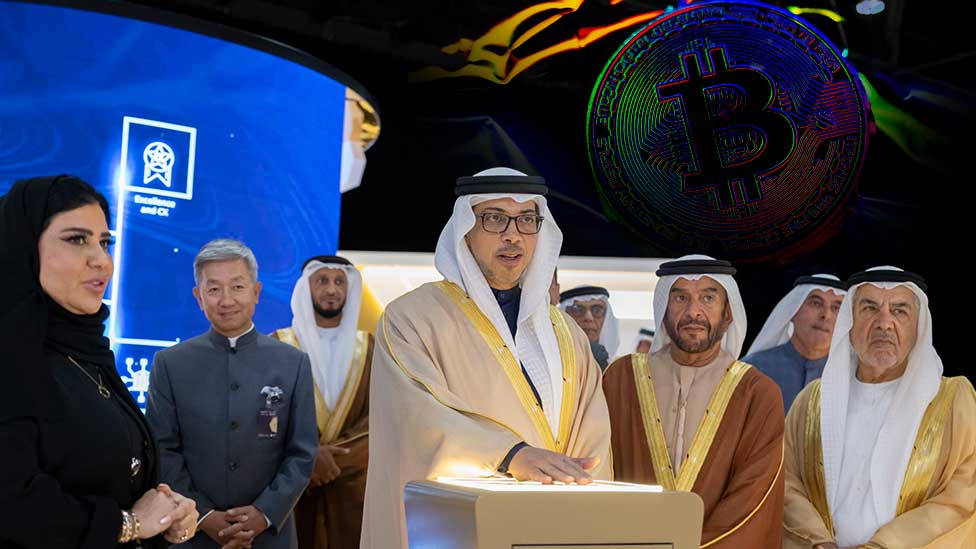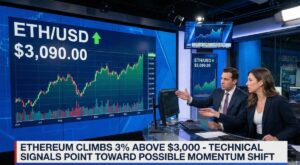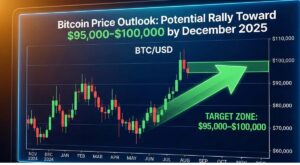Abu Dhabi, UAE – As global trade tensions, sanctions, and tariff disputes escalate, businesses across the UAE and wider Gulf region are increasingly embracing blockchain-based and stablecoin-powered payment systems to facilitate cross-border transactions. Sector experts say this shift is being driven by a combination of geopolitical uncertainty and progressive regional regulatory frameworks that are actively supporting digital asset adoption.
A major regulatory step came from the Central Bank of the UAE, which introduced the Payment Token Services Regulation, granting legal clarity to payment token issuers. This move has significantly boosted confidence among businesses to explore alternative, digital settlement systems.
Last week’s announcement by IHC, ADQ, and First Abu Dhabi Bank (FAB) of a new Dirham-backed stablecoin further underscores this accelerating trend. Institutions are not only adapting to blockchain tools—they are actively shaping the future of regional digital finance.
Growing Appeal of Crypto in the Gulf
In addition to corporations, high-net-worth individuals and family offices in the United Arab Emirates are using Bitcoin and stablecoins as a hedge against currency volatility and inflation. Crypto’s global reach makes it a perfect asset class in the midst of ongoing trade battles, according to Rami Alsridi, CEO of Mining Grid, a top Bitcoin mining company in the MENA area.
“Crypto offers a pathway away from financial systems vulnerable to geopolitics,” Alsridi noted, referencing the UAE Central Bank’s landmark transaction of AED 50 million to China via the mBridge blockchain platform as a signal of intent toward decentralized finance.
Dubai’s Regulatory Advantage
Industry insiders credit Dubai’s regulatory foresight for creating an attractive environment for crypto-native firms. Agencies such as VARA, DFSA, SCA, and the CBUAE are being lauded for their forward-thinking approach, drawing interest from blockchain startups and digital asset firms worldwide.
Vugar Usi Zade, COO of global crypto exchange Bitget, highlighted that challenges like high transaction costs, delayed settlements, and lack of transparency in traditional systems are nudging regional firms toward blockchain-based alternatives. “Blockchain minimizes transaction delays and slashes costs,” he said. “Dubai is quickly becoming a go-to hub for digital payment innovation.”
Digital Assets as Financial Hedges
Gulf-based institutional investors are not just experimenting—they’re allocating. Bitcoin, with its capped supply of 21 million coins, is viewed as a resilient asset in an era of widespread inflation and fiat devaluation.
“Traditionally, gold and real estate were safe havens,” Alsridi said. “Now, Bitcoin and digital assets are joining that conversation in the Middle East.”
A recent study by Singapore’s QCP Capital revealed that $34 billion in digital assets was transferred to the UAE in 2024. Meanwhile, an EY Institutional Investor Digital Assets Survey found that 67% of UAE institutional investors plan to increase their digital asset exposure this year.
A Hybrid Financial Future
While crypto adoption is surging, experts caution it doesn’t signal the end of traditional finance. “Investors are not abandoning traditional systems—but they are reducing their full exposure,” Alsridi emphasized. “Digital assets are becoming a necessary component of financial strategy in a world where adaptability is key.”
As the UAE positions itself at the forefront of blockchain innovation and regulatory clarity, its embrace of crypto appears to be more than just a trend—it’s becoming a foundational pillar of its economic future.




























